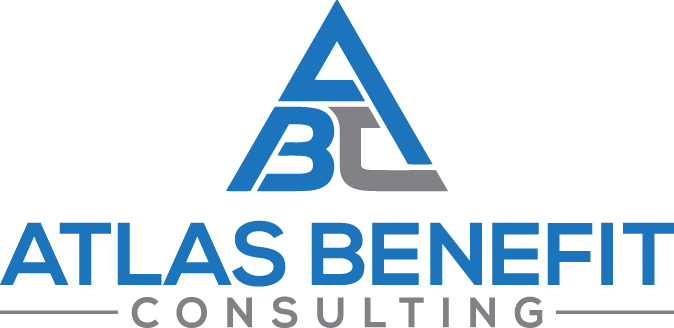What is a buddy letter? You may also hear it referred to as a buddy statement or layperson statement/letter. It’s a personal, firsthand account and statement from a friend, family member, colleague, or former service-member that can assist a veteran’s service-connection claim or request for increased ratings claim. The correct form for filling out a buddy letter is VA Form 21-10210.
Buddy/Lay Statement VA Form 21-10210
Veterans should use VA Form 21-4138, a statement in support of claim, for their personal statement. Read more about the veteran’s role, and the statement in support of claim, in our post here.
Who Needs a Buddy Letter?
A buddy letter can be a very important piece of the puzzle for veterans getting service connected or working toward an increase in disability ratings. Here are just a few examples of why buddy letters are crucial and can make a difference:
- A veteran missing medical records will need corroborating statements that support their service connection or disability claim.
- Sometimes medical records aren’t thorough, or the event/injury was never documented at the time it occurred. Buddy letters can be the key element/evidence to obtaining connection for these events.
- Even when medical records exist, they aren’t always detailed or clear enough for the VA to establish service connection or an increase in rating.
- Oftentimes, a progression of symptoms or injuries occurs with more time passing after active duty. An increase in disability ratings and benefits will need evidence or backup showing that things are worsening.
![]()
Who Can/Should Write a Buddy Letter?
- Service members– For injuries or events that occurred during active duty, it is crucial to try and find a fellow service member who witnessed the event, saw the veteran in the area where the event or illness occurred, or was around and can attest to the decrease in performance or health. Even after active duty, a service member’s statement attesting to the event or injury, or showing the progression of ability to work, function, or increasing PTSD or other symptoms can be extremely beneficial for claims to obtain increased ratings.
- Family members/Friends– Letters from family members or friends who are witnessing the veteran’s conditions on a regular basis can be powerful evidence and support for veterans who are already service connected, but needing an increase in ratings due to worsening or increasing symptoms or disabilities. (Anyone writing a buddy letter must be at least 18 years of age.)
- Colleagues– If unemployment is an issue due to disabilities or troubles in the workplace from service connected events or progression of symptoms and disabilities, former colleagues or supervisors are a great source to back up your claim.
How to Get the Best/Most Accurate Buddy Letter
- Be upfront and communicative on the intention and goal of the letter. If a veteran’s PTSD symptoms are worsening, a buddy letter focusing on something unrelated is not going to support the claim. The letter should address what occurred during service that may have contributed to the current struggle, and/or the progression of the symptoms/illness/disability that the person writing the letter has witnessed.
- Details are a must! Details should include information on who was injured or involved, location and date of where and when it occurred, descriptions of what happened and what was witnessed, and attest to before and after in regards to behavior, capabilities, and injuries of the claimant.
- Get the right people. For service connection, buddy letters from fellow service members is the most helpful. For increased ratings, those around you who are seeing firsthand the symptoms or effect on daily life are most helpful.
- Make sure the format is correct in the letter. Full and accurate contact information on the person writing and for the veteran they are writing about is very important. The statement needs to be signed by the person collaborating, aka the buddy. The VA requires this to establish legality in telling truth.
- An example of a buddy letter can be found here.

Remember
- Anyone writing a buddy letter can access the VA Form 21-10210 here. If not using VA form 4138, the writer of the buddy letter should include this statement at the end of the letter: “I certify that my statements are true and correct to the best of my knowledge and belief.”
- The severity and life-changing nature of symptoms, illnesses, conditions are not always captured from medical records or a C&P exam, thus making buddy letters crucial.
Next Steps
You need someone on your team to help ensure you receive the maximum benefits and compensation you have earned! Get to know our amazing consultants here, and use the button below to learn more about our process and how to find out we can help you through our free consultation.
Click Here for Info on Your Free Consultation


